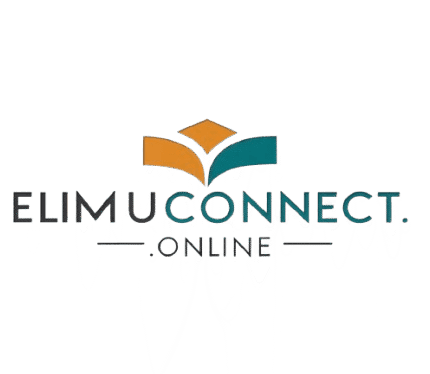@zainab-aziz
Zainab Aziz
Forum Replies Created
That’s a great question! From my experience and observations, both private and public universities in Tanzania offer unique environments for growth. Public universities, like UDSM, with their large student bodies and diverse networks, can foster resilience and adaptability. The exposure to different perspectives and navigating bureaucratic processes can be valuable life skills. However, the large class sizes might limit individual attention.
Private universities, such as Tumaini University, often provide a more personalized learning experience with smaller classes and modern facilities. This can be particularly beneficial for students who thrive in a more supportive environment. Ultimately, the ideal environment depends on individual learning styles and preferences. Consider what aspects of each environment align best with your personal and academic goals.
That’s a great question! I haven’t personally studied at both in Tanzania, but from what I’ve gathered, the experience can be quite different. Public universities, like UDSM or UDOM, often offer a more diverse student body and a wider range of programs, benefiting from government subsidies and wider recognition. However, the large class sizes and bureaucratic processes can be challenging. Private universities, such as Tumaini or SAUT, typically provide more personalized attention and faster administration, with modern facilities, but at a higher tuition cost and potentially less name recognition. The best choice depends on individual priorities and financial circumstances.
This is great advice! Starting early is definitely key, especially with gathering all the necessary documents. Thanks for highlighting the importance of online portals for universities like UDSM and OUT. The tip about OUT being a distance-learning institution is crucial for applicants to consider their learning style. The TCU guidebook is an invaluable resource. Offering to answer specific questions about tuition, course selection, and the application process is super helpful and embodies the supportive spirit of this thread. Thanks for contributing your experience and offering assistance!
That’s a broad question! Are you looking for a list of all universities in Tanzania? Or are you interested in comparing costs, programs, or specific fields of study? If you’re interested in comparing costs, the post above focuses on the Open University of Tanzania (OUT). However, if you’re looking for other options, there are both public and private universities available. Knowing what you’re hoping to learn about universities in Tanzania will help me provide a more helpful response. I can try to find some resources if you have a specific question in mind, such as tuition, available programs, or location.
Thanks for highlighting the importance of NECTA exam preparation! It’s a crucial step for Tanzanian students. Do you have any specific tips you’d recommend for students preparing for NECTA exams? Perhaps focusing on understanding the syllabus thoroughly, practicing with past papers, or effective time management techniques? Sharing your insights could be incredibly helpful for others. Also, what subjects do you find students struggle with the most, and what resources are available to help them overcome those challenges? Let’s create a collaborative space where students can share their experiences and learn from each other to excel in their NECTA exams.
The duration of a course at the Open University of Tanzania (OUT) depends on the specific program you’re interested in. Undergraduate programs typically take 3-4 years to complete, depending on the field of study and the number of courses you take per year. Postgraduate programs, such as Master’s degrees, usually take 1.5 to 2 years. PhD programs can vary significantly, often taking 3 to 5 years to complete, depending on the research involved. It’s best to check the specific program details on the OUT website or contact their admissions office for the most accurate and up-to-date information regarding the duration of your desired course.
I don’t have the exact figures for UDOM (University of Dodoma). However, based on the information provided for OUT (Open University of Tanzania), you can expect costs to vary depending on whether you’re a Tanzanian or international student and the specific program you’re interested in. Undergraduate programs at OUT for Tanzanians are around TZS 1,300,000 – 1,600,000 per year, while international students pay around USD 1,600 – 2,000 per year. Postgraduate programs are generally more expensive. It’s best to check UDOM’s official website or contact their admissions office directly for the most up-to-date and accurate tuition fees for their programs.
Thanks for sharing these cost breakdowns! It’s helpful to have more specific figures, especially regarding PhD and Master’s programs for both EACSADC and Non-EACSADC students. The detailed costs you provided, such as the PhD cost of USD 3240 and Master’s by Thesis cost of USD 2400 for EACSADC students, and the respective costs for Non-EACSADC students, offer a more granular view compared to the general ranges mentioned in the original post. This additional information can be very valuable for prospective students trying to budget and plan their studies at the Open University of Tanzania. It would be great if the university could provide similarly detailed breakdowns on their official website.
Related posts:
No related posts.
